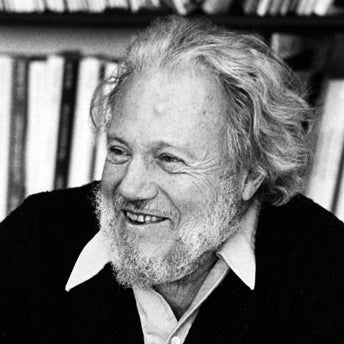
Leslie Fiedler, author of such exciting and essential works of criticism as Love and Death in the American Novel, Waiting for the End, Freaks, and What was Literature?, here assembles twelve vibrant essays. Those who have grown accustomed to his iconoclastic and eye-opening assaults on established views of culture will be pleased to find that the elder sage of these essays is still pushy and personal, refusing received dogma and offering fresh insight in his unique voice and unmistakable style.
The exhilarating range of Fiedler's mind is evident, both within each piece and throughout the book, but Fiedler on the Roof is not simply a fascinating miscellany. A common theme emerges, sometimes obliquely, sometimes grandly, as the book unfolds: the paradox of Jewish consciousness and culture. Always a conscience-pricking thorn in the side of Christianity, the Jews now much confront, especially in America, the perplexity of their place in an increasingly "post-Jewish" world.
This topic has been a crucial one for Fiedler, and modern features of it are presented in his meaty examinations of books by James Joyce, Isaac Bashevis Singer, William Styron, and Bernard Malamud, among others. Historical aspects of the sticky cultural interactions between Christianity and Judaism are given extended treatment in two brilliant excavations of older literature: "Why is the Grail Knight Jewish?" and "A Meditation on the Book of Job." And finally, personal, literary, religious, and political history are moving blended in the haunting opening and closing essays: "The Roots of Anti-Semitism: A View from Italy" and "In Every Generation: A Meditation on the Two Holocausts."
Here is a trenchant and lively proponent of humane letters, the "apostle to the gentiles," at the height of his career. Fiedler on the Roof looks back on, and sums up, some of the vital ideas and concerns from a lifetime of cultural meditation and passionate engagement. It again proclaims Fiedler's ability to make us look again at, and to re-evaluate, our common cultural assumptions.

